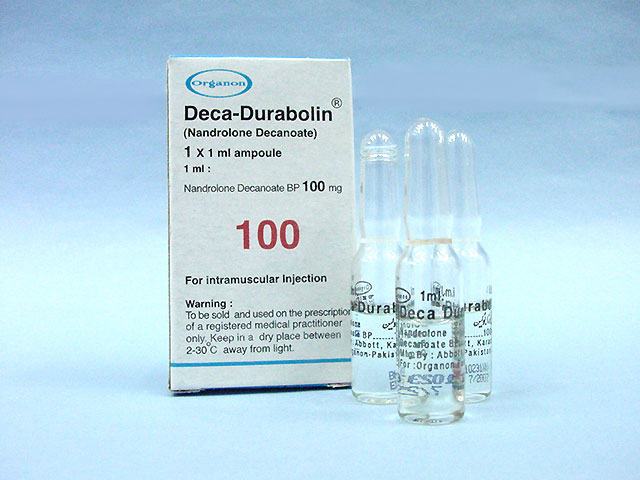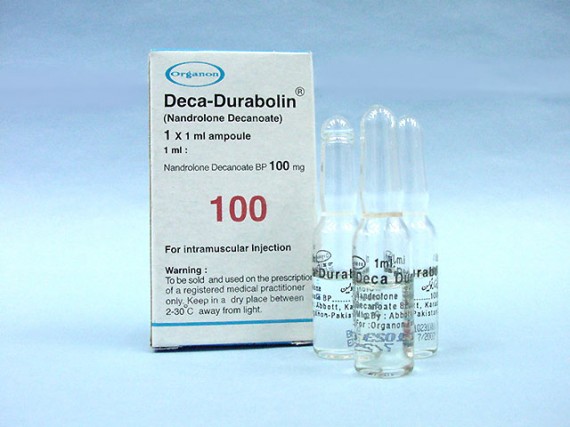
Q: Is “Deca Dick” caused by increased prolactin levels from nandrolone decanoate?
A: The problem with this is that it is from no evidence. It’s the kind of statement that if true would be quite provable: prolactin is measurable.
The one study I’ve read that reported prolactin levels with anabolic steroid usage showed approximately the same results for testosterone and nandrolone both for average increase in prolactin levels and percent of individuals showing any increase. (I don’t, unfortunately, still have the study and I’ve found it hard to find again, but it quite definitely exists.)
The dopamine agonists are prosexual for many individuals even where there is no prolactin problem, so an improvement in libido with these drugs does not prove that prolactin was the cause of the poor libido.
It is true that high prolactin can yield low libido.
But it’s not proven that this is the cause of Deca’s unusual unfavorableness in this regard: if it were, testosterone should be about as bad a culprit because it too often increases prolactin and by about as much.
(Most likely via increase in estrogen.)
What would be good evidence would be if an author or researcher found that everyone or nearly everyone studied who has the complaint with Deca indeed had high prolactin, whereas among the Deca users — which is about half or two-thirds — that don’t have high prolactin, none or nearly none had the complaint.
Then we could say that among the Deca users the problem is correlated with prolactin.
But generally the claims of “high prolactin” are made without even a measurement of prolactin.
We don’t know that the many Deca users claiming “high prolactin” is causing their problem actually have high prolactin, or that if they do, that the prolactin alone is the full or even primary cause for their low libido, as testosterone users often have raised prolactin but still good libido.
And it would remain a mystery how it is that similarly high prolactin from testosterone use doesn’t cause the same problem.
It might be that nandrolone has a neurosteroid-like activity, or antagonist activity, that is anti-sexual. It’s as good a theory as any — no evidence behind it, but neither is there for the prolactin theory. But at least it doesn’t have the inconsistency problem that the prolactin theory has, the inconsistency being that testosterone has similar prolactin-raising properties but doesn’t have the same tendency to reduce libido.
So it’s a mystery, to date.

About the author
Bill Roberts is an internationally-recognized expert on anabolic steroids and performance-enhancing drugs (PEDs). He received a bachelor degree in Microbiology and Cell Science and completed the educational and research requirements for a PhD in Medicinal Chemistry at a major American university.
Bill entered the nutritional supplement industry prior to completing his doctoral thesis but his education was invaluable so far as being able to design/improve nutritional supplement compounds, since it was in the field of designing drug molecules and secondarily some work in transdermal delivery.
His education was not specifically "geared" toward anabolic steroids other than expertise with pharmacological principles having broad applications. This has allowed Bill to provide unique insight into the field of anabolic pharmacology with knowledge of points which he would not have known otherwise.
Leave a Reply
You must be logged in to post a comment.